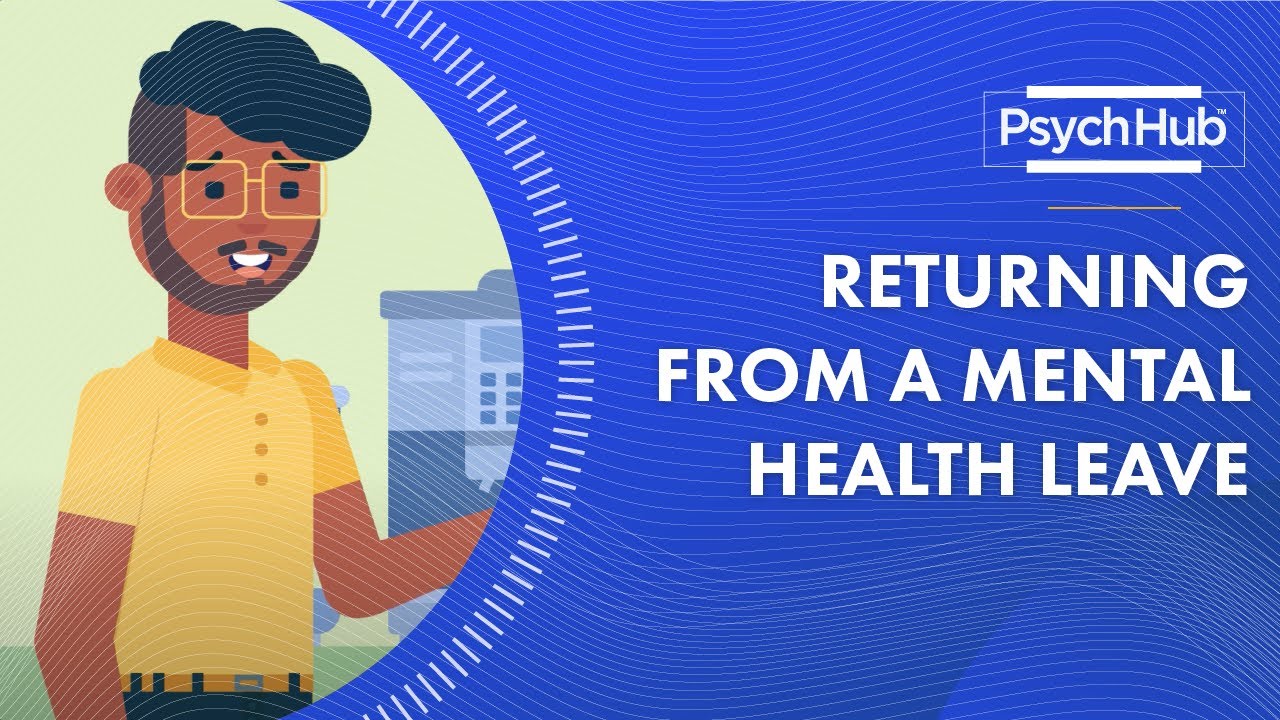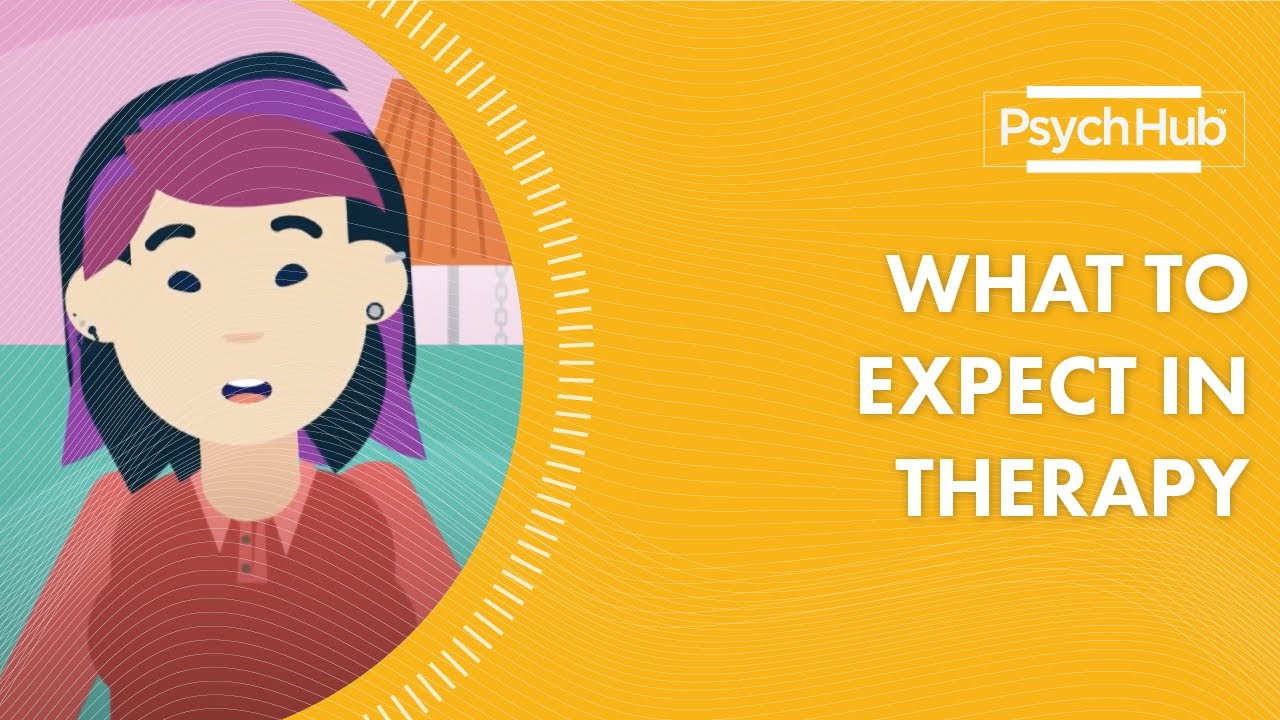Have you ever found yourself struggling to keep your mental well-being intact amid prolonged work stress? A fascinating new study reveals that hope might be the key to preserving your mental health when things get tough at work. This research, spearheaded by North Carolina State University and Clemson University, suggests that hope substantially outperforms mindfulness as a stress management tool, helping to maintain mental well-being and professional engagement during challenging times.
The Study: Context and Background
Research Collaborators
This groundbreaking study was a collaborative effort between researchers from North Carolina State University and Clemson University. The primary objective was to understand better the role of hope versus mindfulness in managing stress and preserving mental well-being.
Publication and Relevance
Published in the Stress and Health journal, the findings couldn’t be more timely. With many professionals grapelling with the fallout from the COVID-19 pandemic, the insights bring a fresh perspective into the types of mental coping mechanisms that could be more effective during prolonged stress periods.
Understanding Hope and Mindfulness
Defining Hope
Hope is a forward-looking mindset. It involves expecting a positive outcome and persistent efforts to attain this despite obstacles. When you are hopeful, you are inherently future-focused. You view challenges as temporary setbacks and believe that better days are ahead.
Defining Mindfulness
Mindfulness is often praised for encouraging a moment-to-moment awareness of your current state. It involves fully engaging in the present without judgement. While this has its advantages, particularly in reducing immediate stress reactions, the study suggests that it might have limitations during extended periods of high stress.

Methodology: Analyzing Musicians’ Experiences
Participant Selection
The researchers focused on 247 professional musicians, leveraging their association with MusiCares to gather insights. This particular group offered a unique lens through which to examine stress due to the early pandemic’s devastating impact on their industry.
Data Collection
Data was collected through two sets of surveys conducted one month apart starting in September 2021. The participants reflected on their experiences during the early pandemic and reported their levels of hope and mindfulness between September 2020 and March 2021. These reflections were subsequently used to evaluate their work engagement, work tensions, and emotional well-being.
Key Findings: The Power of Hope
Hope and Happiness
One of the core findings was the strong correlation between hope and happiness. According to Kristin Scott, one of the study’s co-authors, people who cultivated hope were generally happier and less distressed.
Engagement and Professional Attitudes
When people are hopeful, they tend to be more engaged with their work. This forward-looking mindset helps mitigate work tensions and fosters a more positive professional attitude. This effect was noticeably more pronounced compared to practitioners of mindfulness.
Comparative Drawbacks of Mindfulness
While mindfulness has its benefits, it appears to fall short in times of extreme stress. The act of staying acutely aware of distressing circumstances can sometimes exacerbate negative feelings rather than alleviate them.
| Key Metric | Hope | Mindfulness |
|---|---|---|
| Happiness | High | Moderate |
| Professional Engagement | High | Moderate |
| Stress Reduction | Significant | Moderate |
| Emotional Well-being | Enhanced | Moderate |

Real-World Implications
For Organizations and Companies
Every work sector experiences periods of high stress. Organizations could significantly benefit from integrating hope and forward-thinking into their cultures and daily practices to foster employee happiness and engagement.
For Individuals
For you as an individual, understanding that hope can act as a buffer against prolonged stress could be a game-changer. While mindfulness has its place, it might be more beneficial to focus on hopeful thinking during extended stressful periods.
Expert Insights
Tom Zagenczyk on Mindfulness Limitations
Tom Zagenczyk, a professor of management at NCSU’s Poole College of Management, highlighted that mindfulness is challenging during periods of high stress. “It’s hard to be mindful when you’re experiencing stress. If it’s a truly difficult time, you don’t necessarily want to dwell too much on the experience you’re going through.” This rings true, particularly when faced with prolonged stress that could make dwelling on current challenges even more overwhelming.
Sharon Sheridan on Balance
Sharon Sheridan, an assistant professor of management at Clemson, advocates for a balanced approach: “Being mindful can be tremendously valuable – there are certainly advantages to living in the moment. But it’s important to maintain a hopeful outlook – particularly during periods of prolonged stress.”

Practical Tips for Cultivating Hope
Set Achievable Goals
Focus on setting small, achievable goals. Accomplishing these can instill a sense of progress and keep you motivated.
Visualize Positive Outcomes
Spend time visualizing positive outcomes. Picture yourself overcoming your challenges and reaching your goals. This practice can help you develop a more hopeful mindset.
Surround Yourself with Positive People
Being around positive people can significantly influence your outlook. These individuals can offer encouragement and help you maintain a hopeful perspective.
Engage in Positive Self-Talk
Monitor your internal dialogue. Replace negative thoughts with positive affirmations to maintain a hopeful outlook.
Maintain a Forward-Focused Journal
Keep a journal where you reflect not just on today but also your aspirations and how you plan to achieve them.
Integrating Hope at the Workplace
Training and Development Programs
Organizations can implement training and programs focused on fostering a hopeful mindset among employees. Such initiatives could include workshops on goal-setting, visualizing success, and emphasizing the importance of a positive outlook.
Leadership Encouragement
Leaders and managers can play a pivotal role by encouraging their team members to adopt a hopeful outlook, particularly during challenging projects or high-stress periods.
Structural Changes
Implementing structural changes like flexible working hours or wellness programs can also help create an environment where hope can thrive.

Conclusion
This study’s findings underscore that while mindfulness has its place, hope emerges as a more robust tool for maintaining mental well-being during prolonged work stress. Whether you are navigating a challenging project or grappling with industry-wide disruptions, cultivating hope could be the key to not just surviving but thriving in your professional life. Leaders and organizations would do well to note these insights and integrate forward-looking practices to foster a workplace culture rooted in hope.



